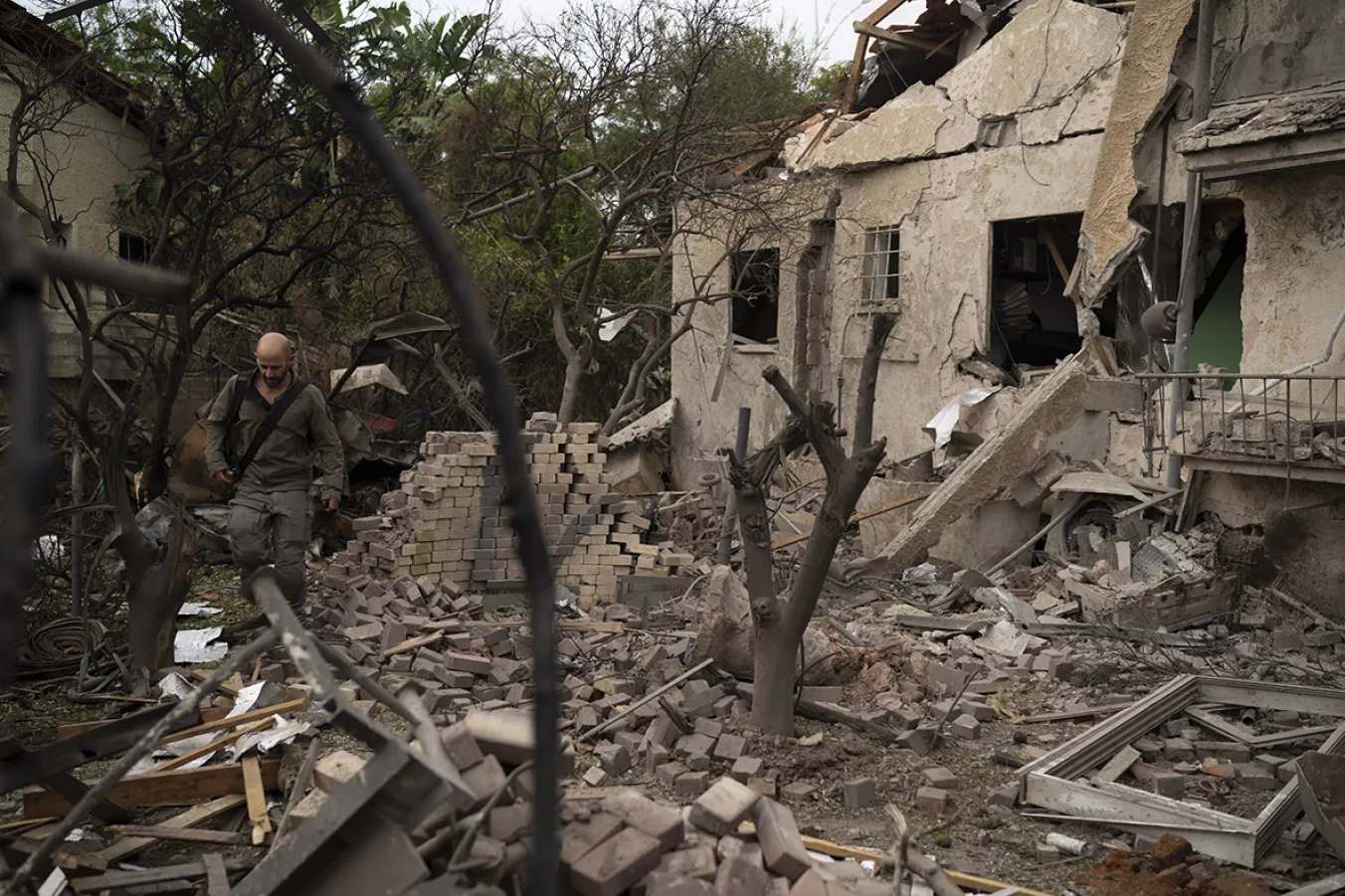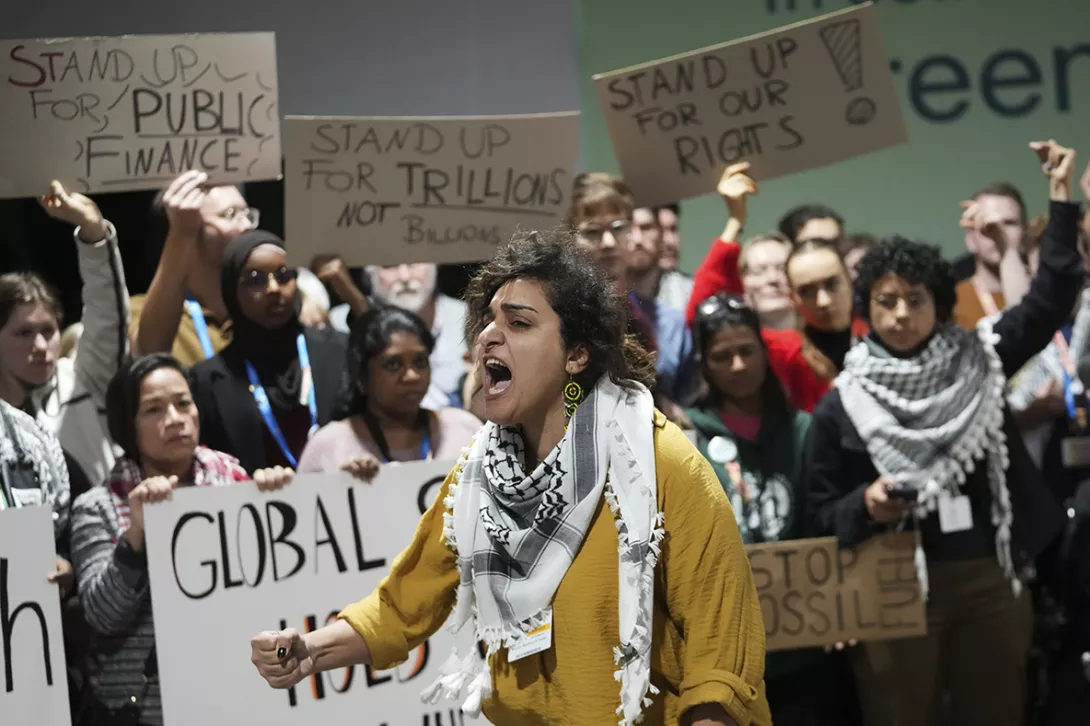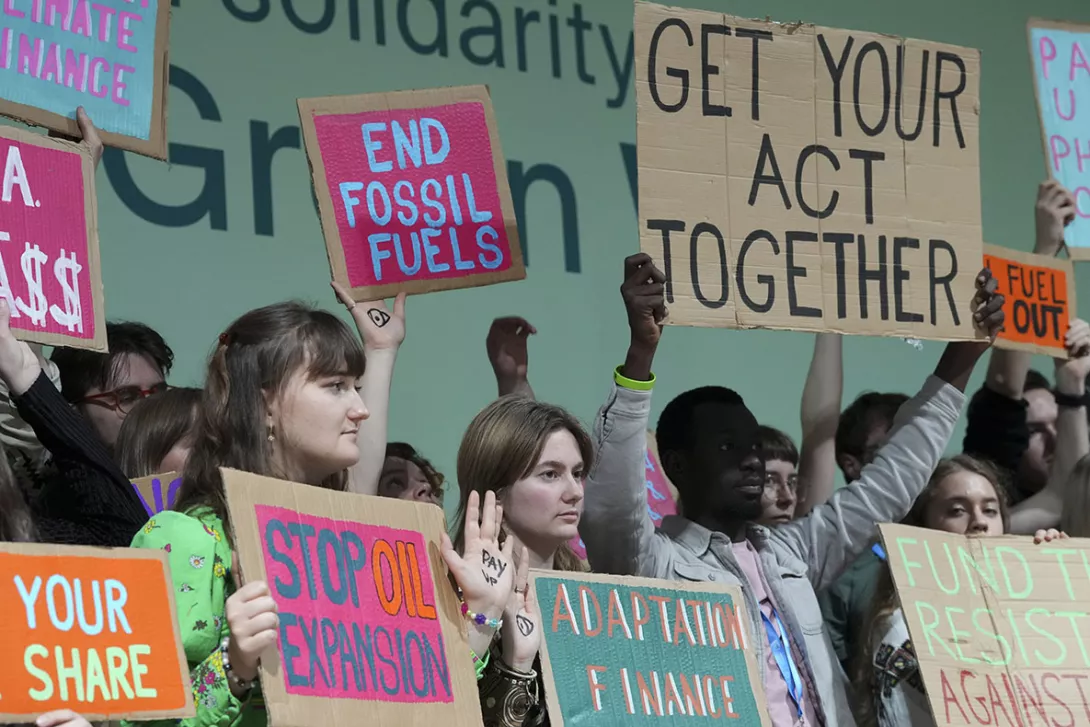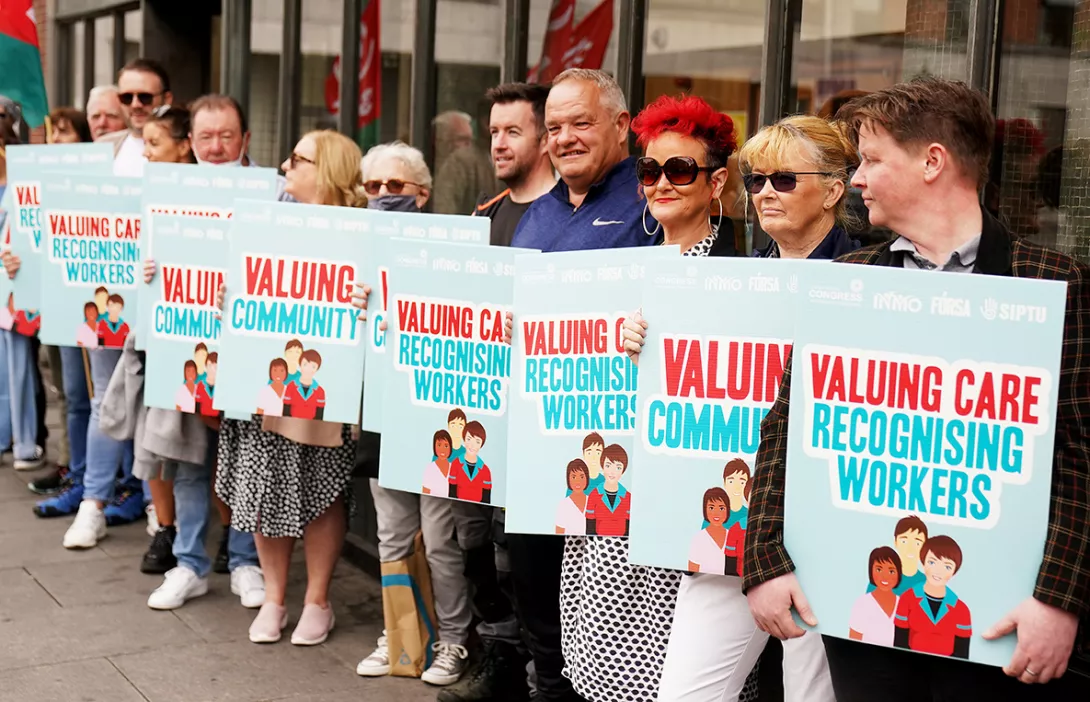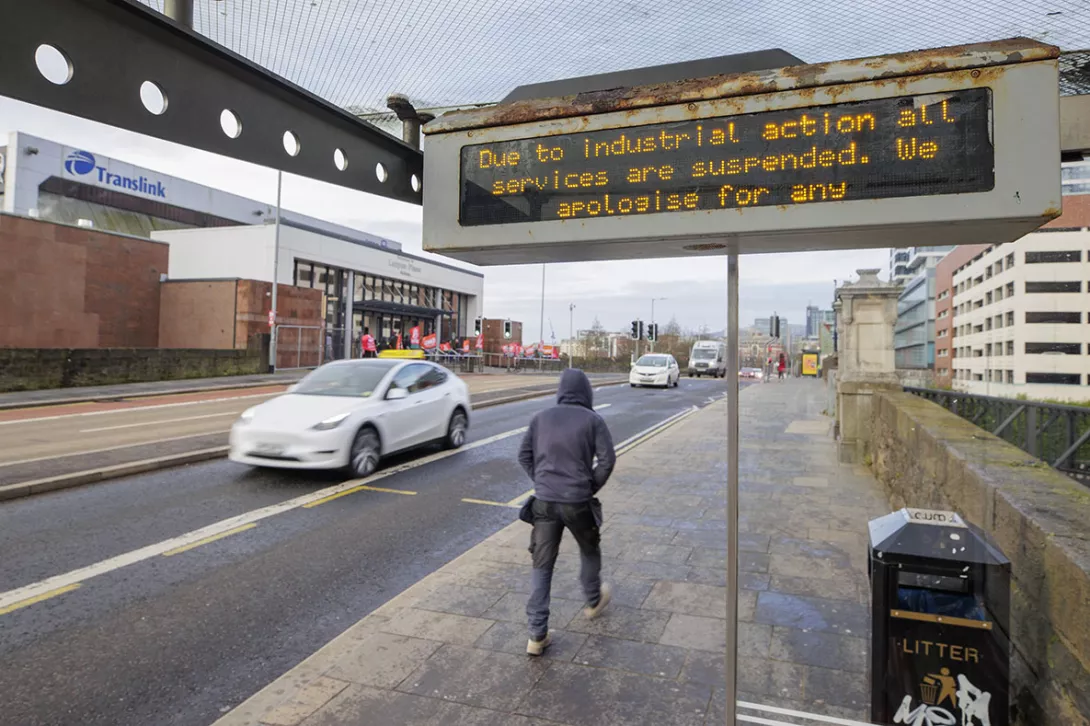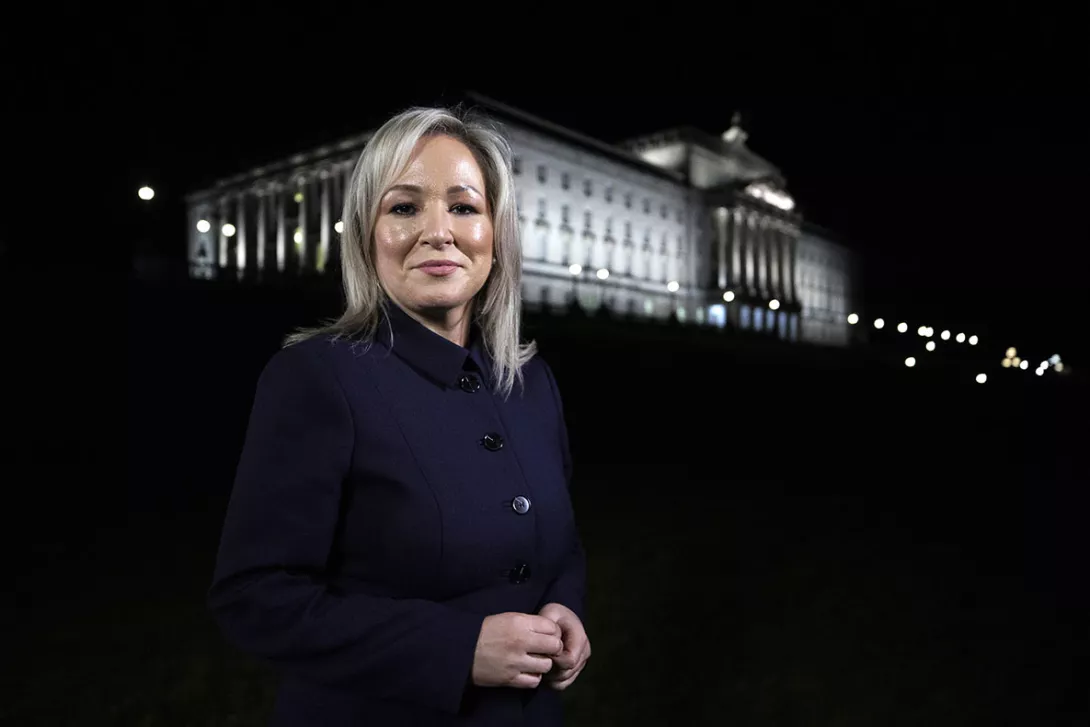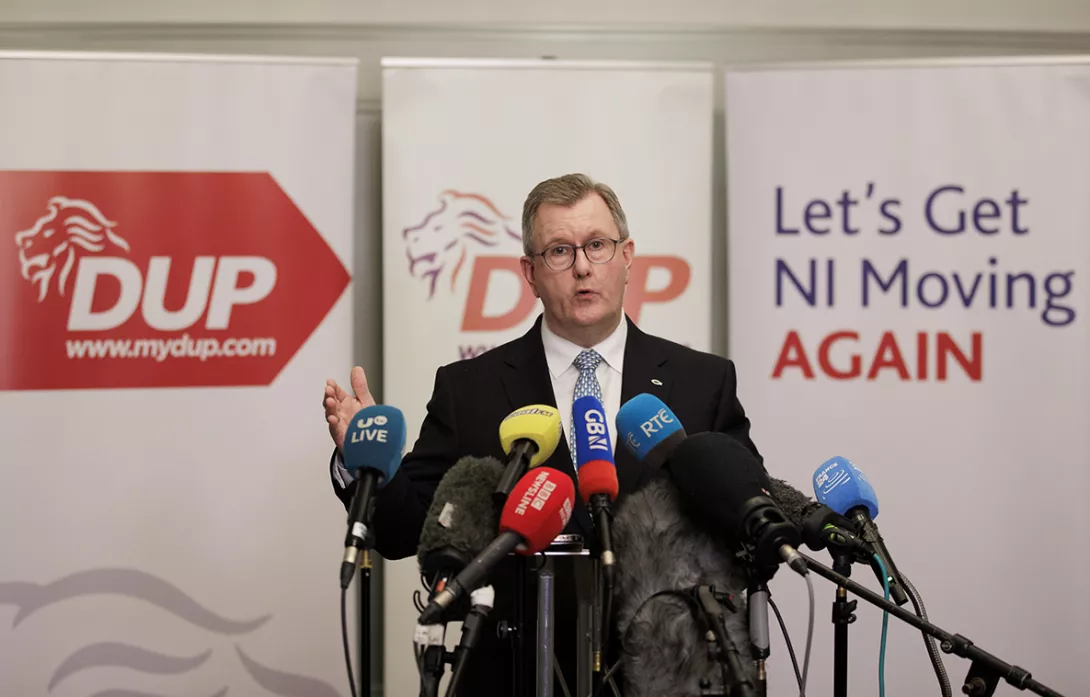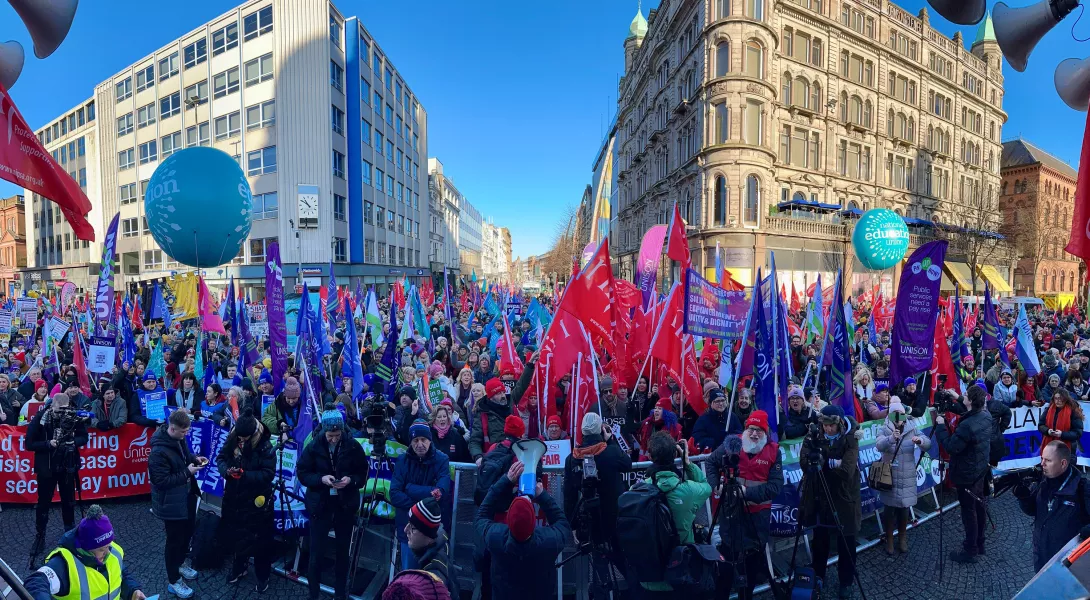
THOUSANDS of public service workers walked out today in one of the biggest strikes in Northern Ireland’s history.
Members of 16 trade unions, including Unison, Unite, the RCN and Siptu, representing 173,000 workers, brought the six counties to a grinding halt over their pay and working conditions.
Unions argue that wages received by workers such as teachers, civil servants, healthcare workers and bus and train drivers across Britain are not matched in Northern Ireland.
For example, the starting salary for a teacher in NI is £24,137, lagging well behind the £32,317 wage in Scotland, £30,742 in Wales and £30,000 in England.
Unison’s Margaret McKee blasted Northern Ireland Secretary Chris Heaton-Harris, telling him to “stop using public service workers as political pawns.”
She said: “We are demanding at least pay parity with our colleagues elsewhere in Britain. We do the same jobs and we should get paid the same.”
Janine Compston, a nurse at the Royal Victoria Hospital in Belfast, said: “We have fallen behind England on pay.
“Members are finding it harder and harder and a lot of our nurses work many more additional hours to make ends meet.”
Workers joined massed rallies in towns and cities across the six counties including Belfast, Londonderry and Omagh.
Unite general secretary Sharon Graham said. “Low pay is driving a staffing crisis as workers vote with their feet.
TUC general secretary Paul Nowak said it’s “time for the Westminster government to unlock this dispute and deliver a fair pay rise for public-sector workers.”
The dispute is caught up in talks aimed at restoring the power sharing government in Stormont which the Democratic Unionist Party (DUP) has refused to join after the convincing win by Sinn Fein nearly two years ago.
The Westminster government offered £584 million to resolve pay issues as part of a larger deal to restore the Stormont administration. But the DUP has refused to end its boycott.
